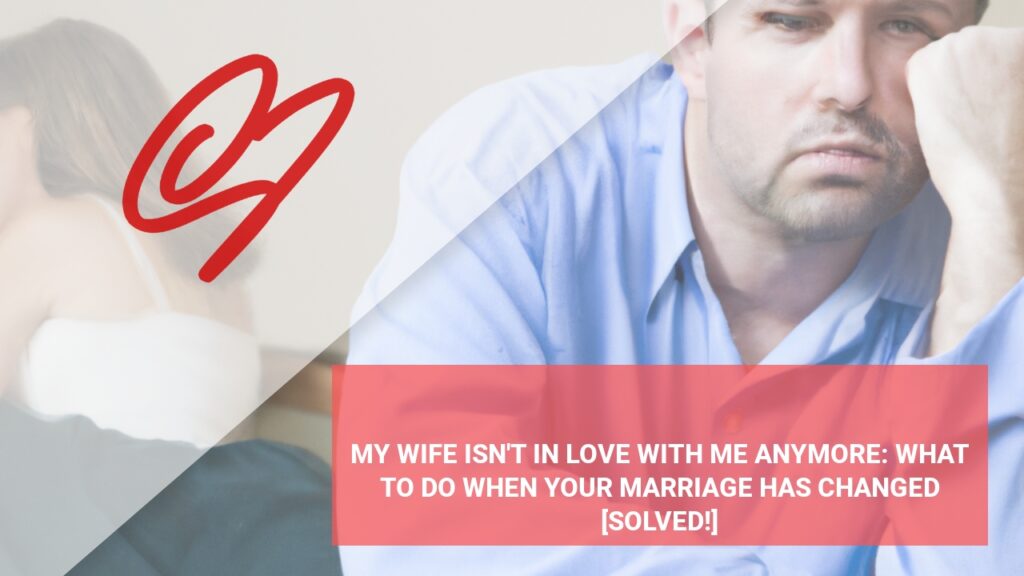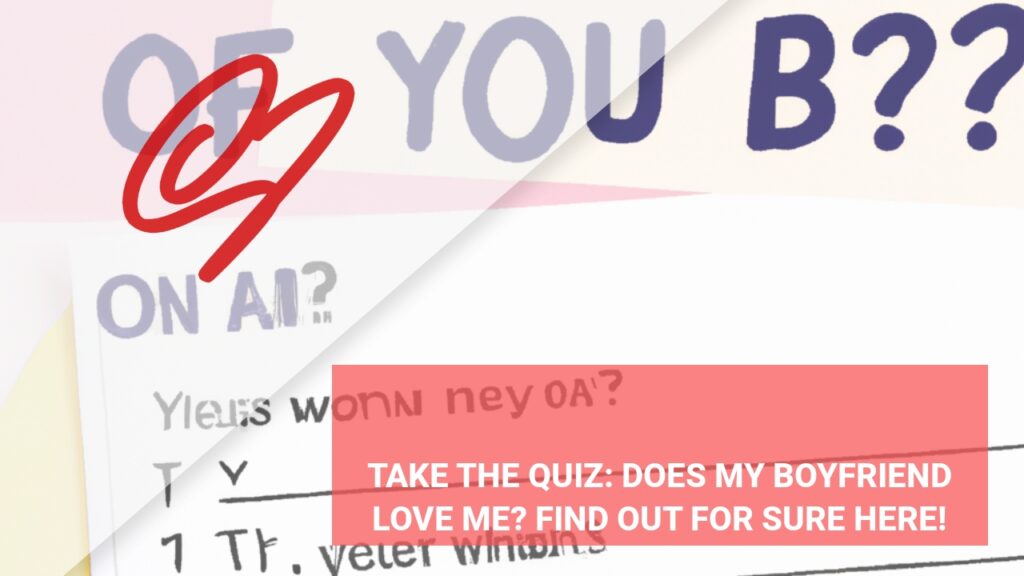My Boyfriend Said He Pulled Out: The Ultimate Guide
As a woman, hearing your boyfriend say “I pulled out” can send you into a panic mode. If you’re not ready to get pregnant or have a sexually transmitted infection (STI), it’s important to take measures to protect yourself. In this ultimate guide, we’ll cover everything you need to know about safe sex, the pull-out method, what to do if he didn’t pull out, and much more.
Safe Sex 101: What You Need to Know
Before we dive into the pull-out method, let’s start with the basics of safe sex. Safe sex refers to any sexual activity that reduces the risk of STIs or unintended pregnancy. This can include using condoms, getting vaccinated against certain STIs, and using birth control methods like the pill or IUD.
It’s important to communicate with your partner about safe sex and to get tested regularly for STIs. Using protection during sexual activity can not only help prevent unwanted pregnancy but also reduce the risk of contracting or spreading STIs.
The Pull Out Method: Fact vs. Fiction
The pull-out method, also known as withdrawal or “pulling out,” is a form of contraception where the man withdraws his penis from the vagina before ejaculating. While it can be effective in preventing pregnancy when done correctly, it’s not the most reliable method of contraception.
Some common myths about the pull-out method include that it’s a safe way to prevent pregnancy or that pre-ejaculate fluid doesn’t contain sperm. However, both of these are untrue. Pre-ejaculate can contain sperm, and the method itself is not entirely foolproof.
Oops, He Didn’t Pull Out – Now What?
If you’re in a situation where your partner didn’t pull out, it’s important to take action quickly. Depending on where you are in your menstrual cycle, there may be a risk of pregnancy. You can take emergency contraception, also known as the morning-after pill, within 72 hours of unprotected sex to reduce the risk of pregnancy.
It’s also crucial to get tested for STIs, as unprotected sex can increase the risk of contracting or spreading infections. If you’re concerned about your sexual health or the risk of pregnancy, don’t hesitate to seek medical attention.
The Condom Conundrum: Why It’s Worth It
Condoms are one of the most effective methods of contraception and can reduce the risk of STIs and unintended pregnancy. They are also readily available and easy to use. While some people may find condoms uncomfortable, they are a small price to pay for the benefits they provide.
Using condoms every time you have sex can help protect against STIs and reduce the risk of unwanted pregnancy. It’s also important to use them correctly, following the instructions on the package and making sure they are the right size.
Pregnancy Prevention: More Than Just Pulling Out
While the pull-out method can be effective when used correctly, it’s not the only option for pregnancy prevention. There are many other methods of contraception available, including hormonal birth control, the copper IUD, and sterilization.
It’s important to talk to your healthcare provider about which methods of contraception are best for you. Different methods work better for different people, and it’s important to find one that fits your lifestyle and needs.
Talking to Your Partner About Safe Sex
Communication is key when it comes to safe sex. It’s important to talk to your partner about contraception, STIs, and sexual health. Make sure you’re both on the same page and comfortable with the methods you’re using.
If you’re uncomfortable talking about safe sex with your partner, practicing communication skills can help. Try to approach the conversation calmly and openly, and be willing to listen to your partner’s concerns and opinions.
Staying Safe: Tips for a Happy, Healthy Relationship
In addition to practicing safe sex, there are other ways to stay safe and healthy in your relationship. It’s important to communicate openly and honestly with your partner, establish boundaries, and practice self-care.
Make sure you’re both comfortable with the level of intimacy in your relationship and respect each other’s boundaries. Take care of your own physical and emotional health, and seek help if you need it.
Conclusion
In conclusion, staying safe during sexual activity is crucial for both your physical and emotional health. While the pull-out method can be effective when done correctly, it’s important to use other methods of contraception and practice safe sex overall. Talk to your partner about safe sex, stay informed about your sexual health, and prioritize self-care in your relationship.
FAQs
- Is the pull-out method effective?
While the pull-out method can be effective in preventing pregnancy when done correctly, it’s not the most reliable method of contraception. It’s important to use other methods of contraception as well.
- What should I do if my partner didn’t pull out?
If your partner didn’t pull out, it’s important to take action quickly. You can take emergency contraception within 72 hours of unprotected sex to reduce the risk of pregnancy. It’s also crucial to get tested for STIs.
- How can I talk to my partner about safe sex?
Approach the conversation calmly and openly, and be willing to listen to your partner’s concerns and opinions. If you’re uncomfortable talking about safe sex, practicing communication skills can help.

